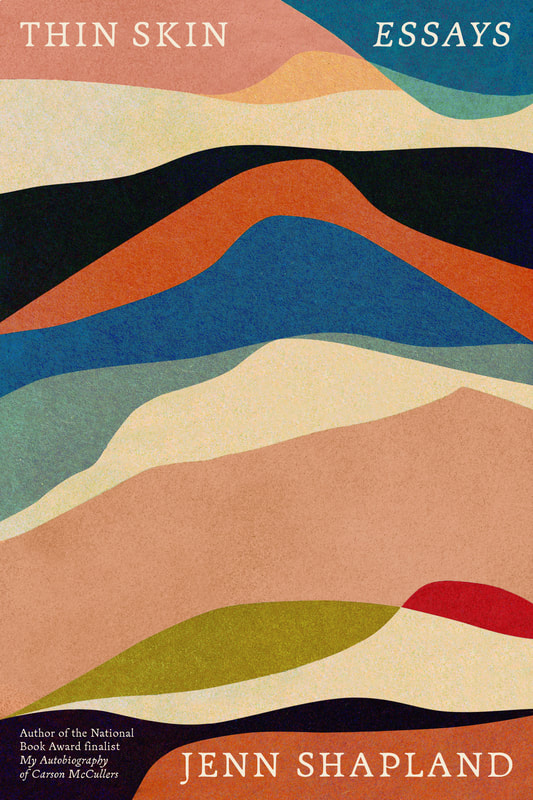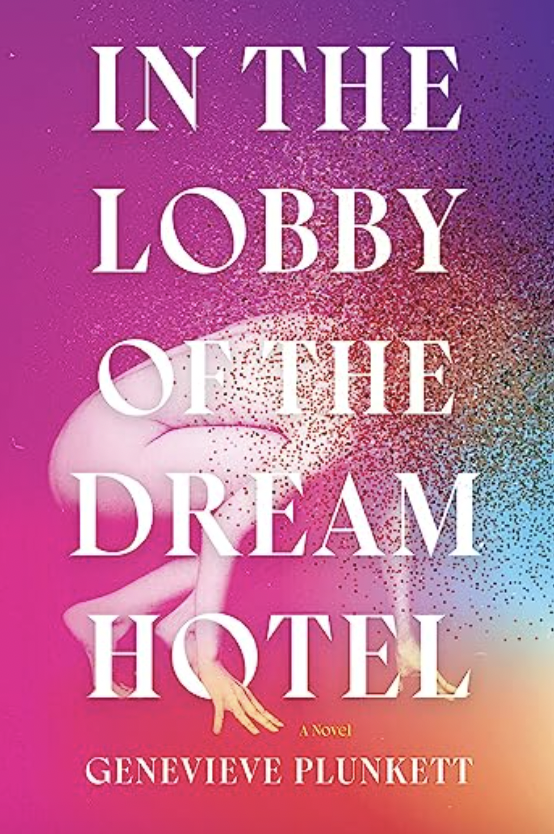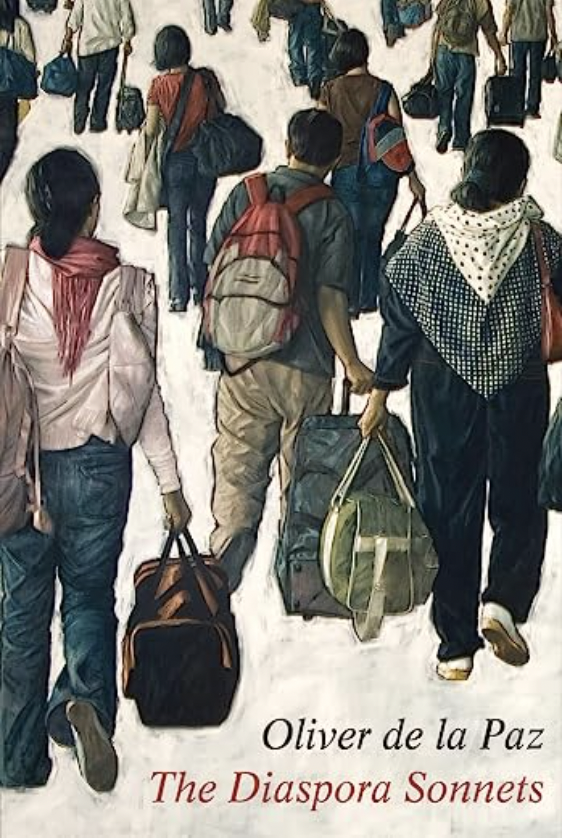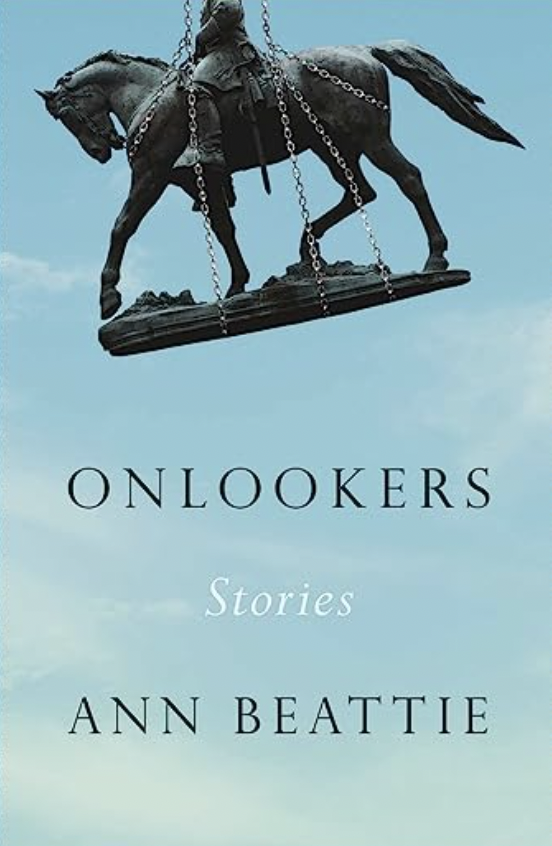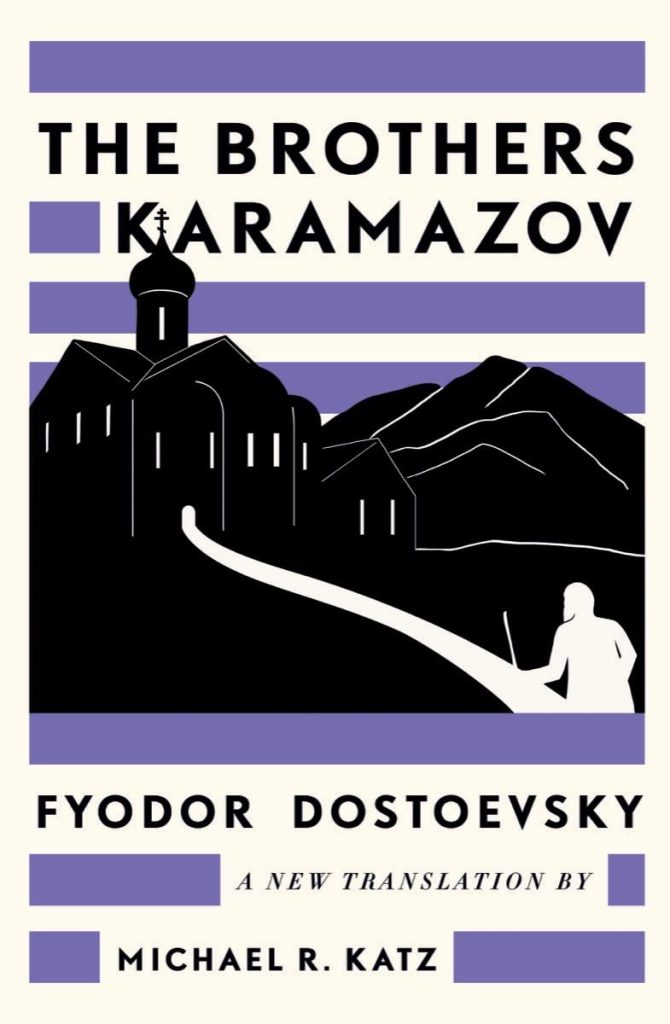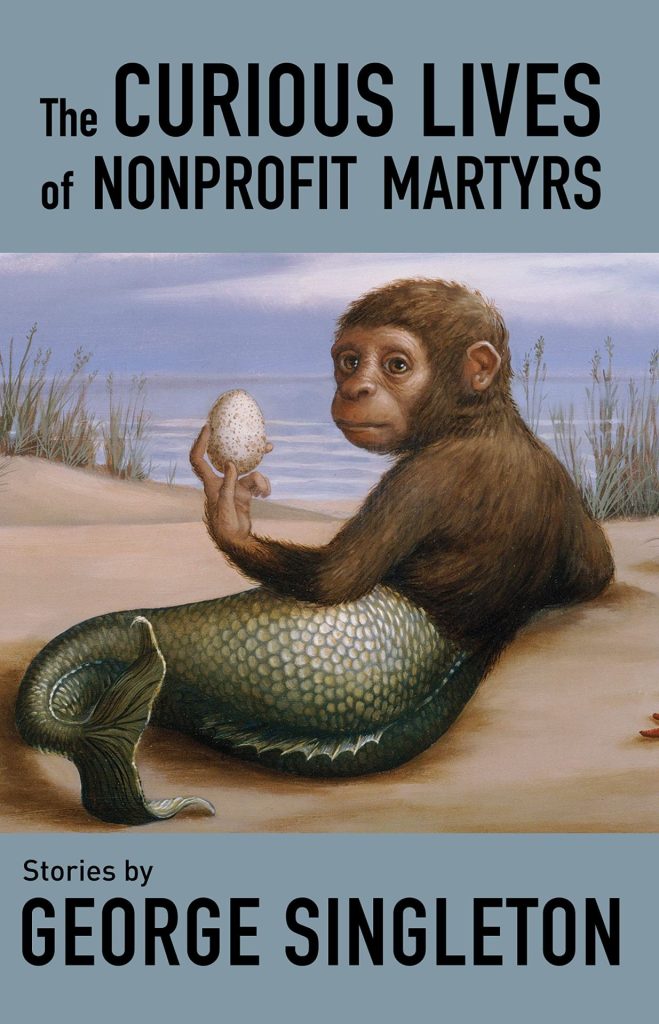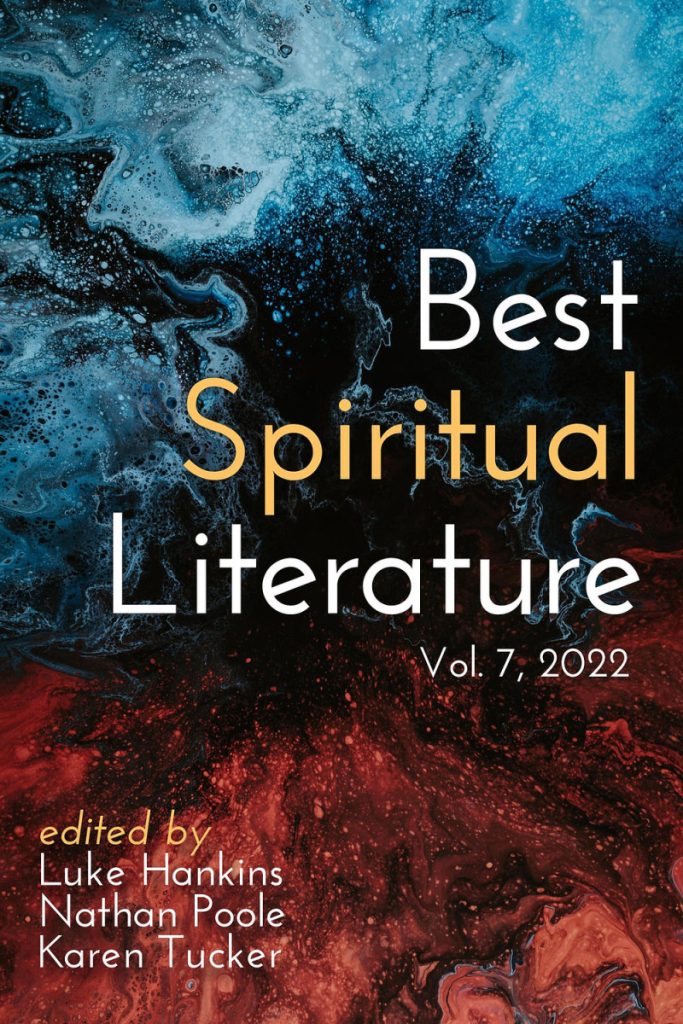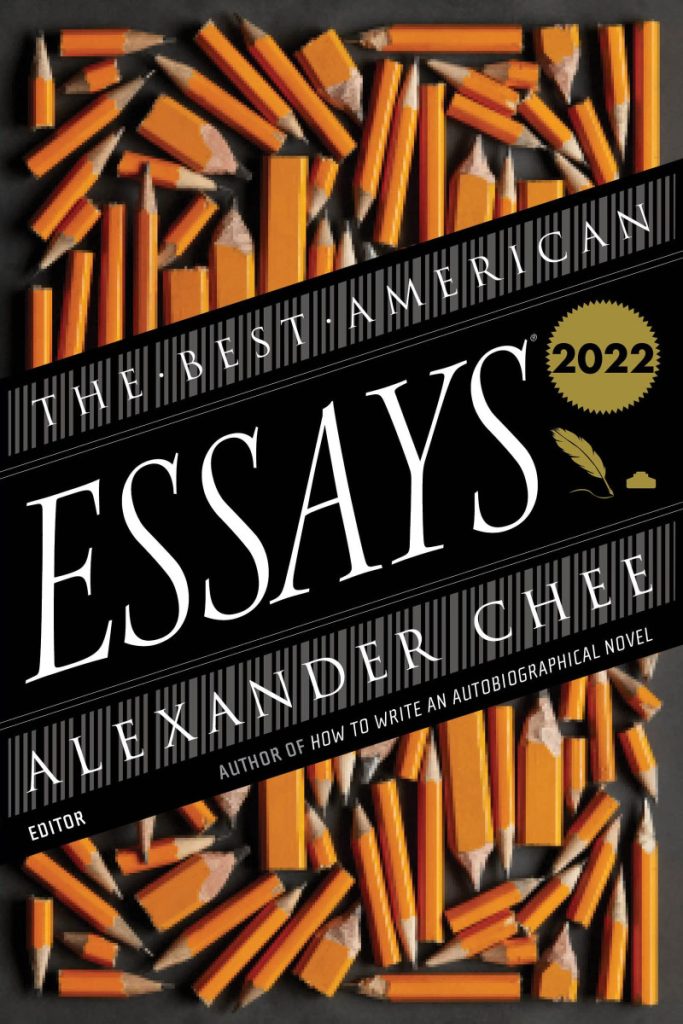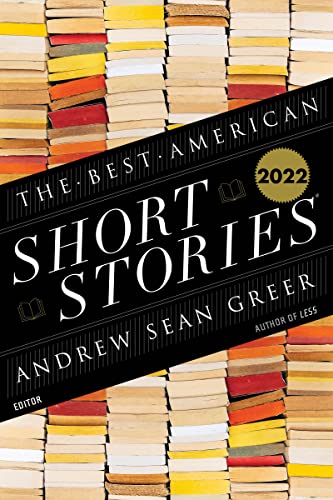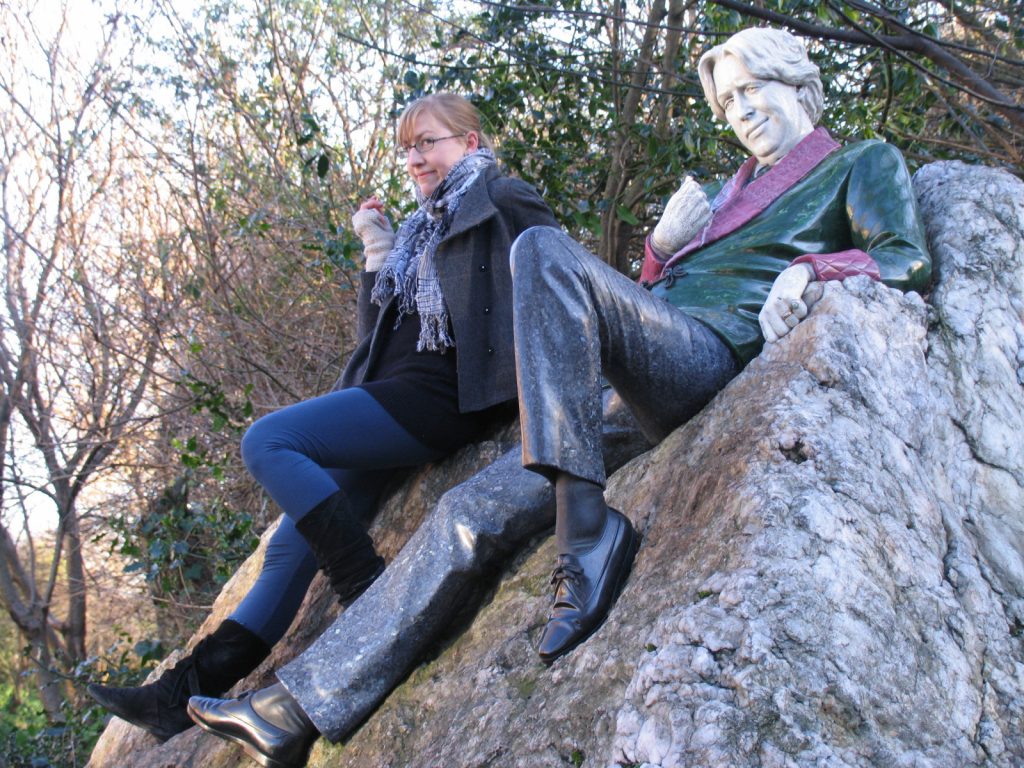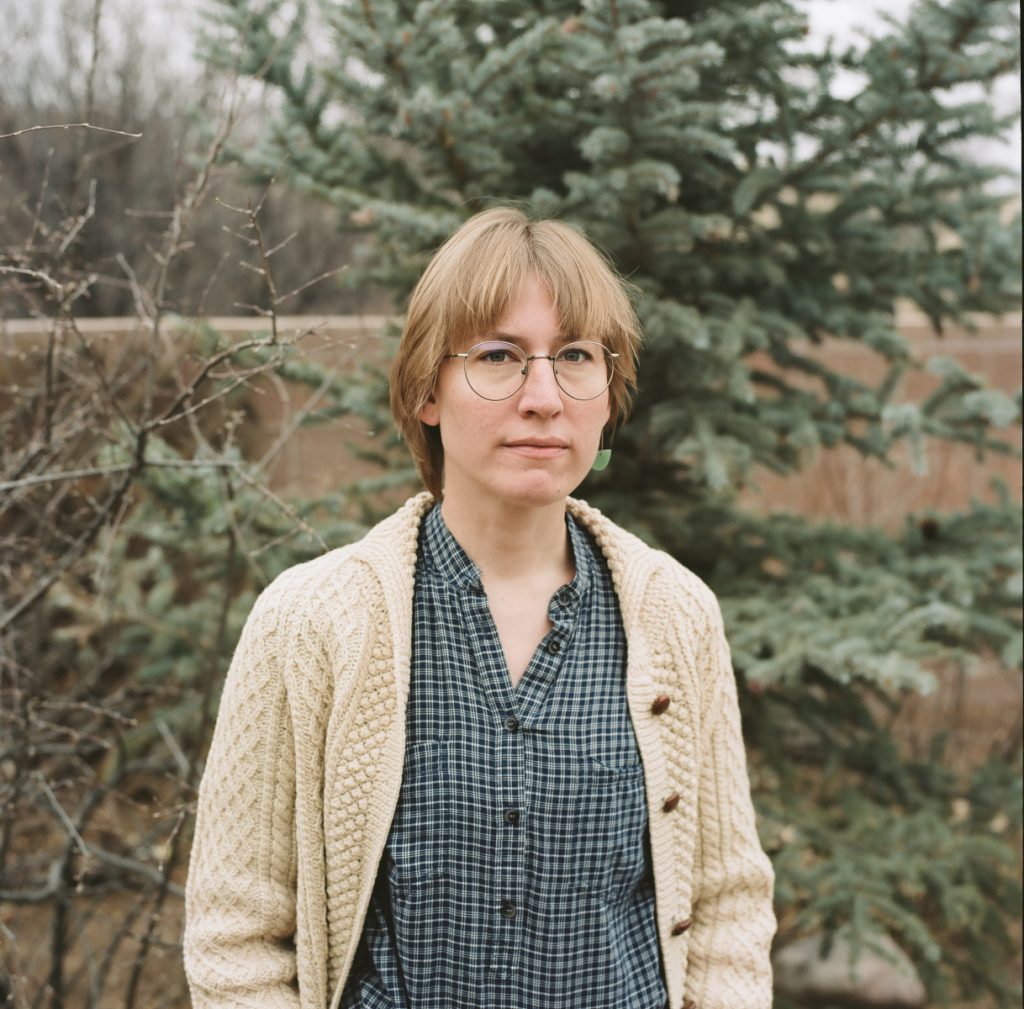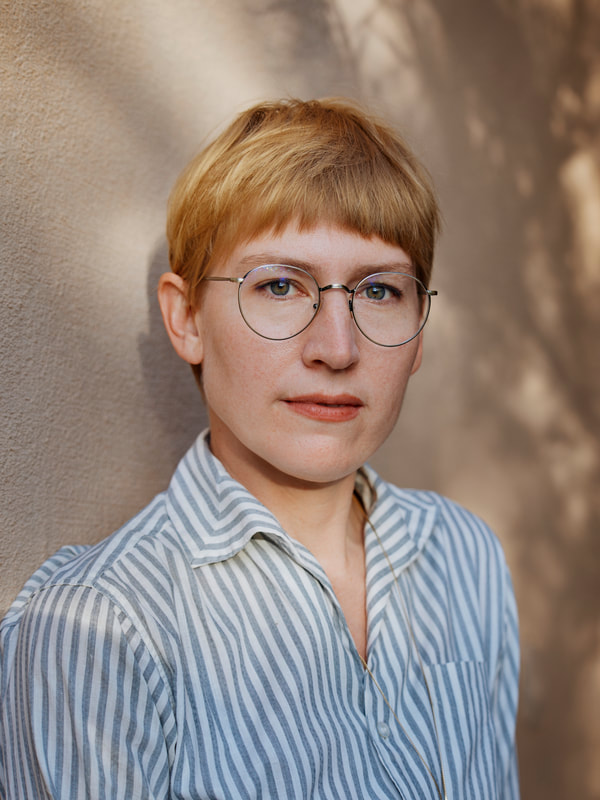
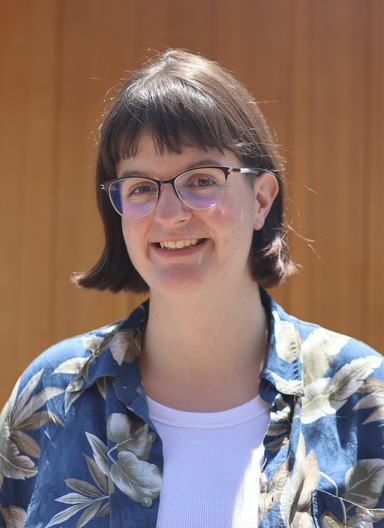
Left: Jenn Shapland (cr: Brad Trone). Right: Rach Peck.
New England Review is pleased to announce the second installment of our virtual reading series, NER Front Row. This one-hour, free-to-the-public event pairs Middlebury College students with established writers in a unique format that highlights the resonance of literature when it’s performed aloud. Following the reading and panelist discussion, the editors will moderate an audience Q&A.
Our fall ’23 NER Front Row event featuring acclaimed author and Middlebury alumna Jenn Shapland and current Middlebury College student Rach Peck will be held on Thursday, November 2 at 7 p.m. EST on Zoom. Panelists will read from and discuss Jenn’s new book, Thin Skin (Pantheon Books, 2023). Register here.
Jenn Shapland (Middlebury ’08) is a writer living in New Mexico. Her first book, My Autobiography of Carson McCullers, was a finalist for the 2020 National Book Award and won the 2021 Lambda Literary Award. Her second book, Thin Skin, was published by Pantheon Books in August 2023. Her essays have appeared in New England Review, the New York Times, Outside, Guernica, and Tin House. Shapland has a PhD in English from the University of Texas at Austin. She currently works as an archivist for a visual artist.
Rach Peck (Middlebury ’25) is an English and Film double major from Cambridge England. They’ve been an NER fan since they got to Middlebury and they’re thrilled to be part of this fantastic event.

